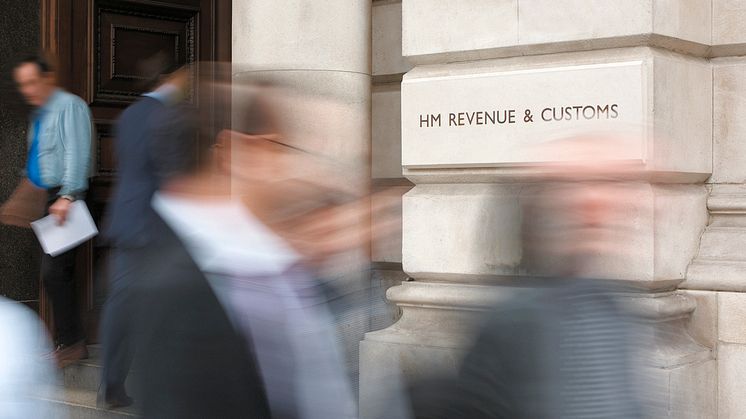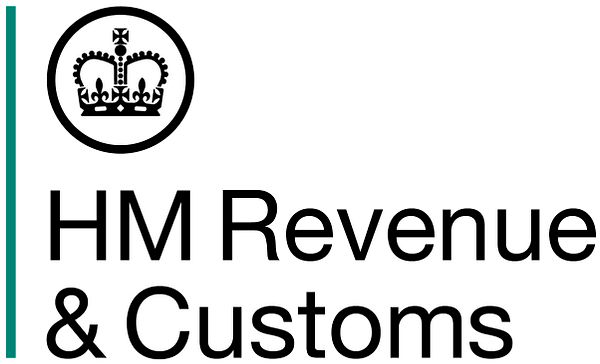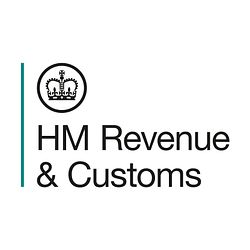
Press release -
No immunity from tax for vaccine avoidance scheme
A tax avoidance scheme which abused the reliefs offered for research into life-saving vaccines to claim back £77 million in tax has been rejected again by a tribunal.
Investors in the scheme used a Jersey-registered limited partnership which claimed to be involved in creating and exploiting intellectual property from research into vaccines against diseases such as HIV, flu, Hepatitis A and Hepatitis B.
The Vaccine Research Limited Partnership scheme, promoted by Matrix Structured Finance, sought to exploit a tax relief for spending on research and development (R&D) by claiming back all the tax due on an alleged investment of £114 million and a first year trading loss of £193 million.
However, the Upper Tribunal has now backed an earlier First-tier Tribunal (FTT) ruling in HM Revenue and Customs’ (HMRC) favour, finding that only £14 million had been spent on R&D.
David Gauke, Financial Secretary to the Treasury, said:
“This is the latest in a series of HMRC tribunal wins over avoidance schemes whose members try to exploit the rules for partnerships rather than accept their responsibilities as taxpayers.
“HMRC relentlessly pursues those who avoid tax and won’t hesitate to litigate if necessary. Investors in avoidance schemes should know by now that, if their case does go to the courts, they’re likely to lose.”
Notes for Editors
- The Upper Tribunal ruling in HMRC vs the partners of Vaccine Research Limited Partnership is available on request from HMRC Press Office and will be published shortly on http://www.financeandtaxtribunals.gov.uk/
- HMRC is aware of 83 users of the scheme promoted by Matrix Structured Finance who between them claimed to have invested £114 million in the scheme, including a large element of loan finance provided for each partner by one common bank (Bank of Scotland), on common terms. They contributed over £28 million to the partnership from their own resources and nearly £86 million via the loans. The partnership claimed a first year trading loss of nearly £193 million. This was divided amongst the 83 partners and tax repayments amounting to over £77 million were claimed by them.
- Following a detailed and lengthy investigation, HMRC discovered that only £14 million had been spent on R&D. HMRC’s main contentions before the FTT included that the partnership was not trading; that if the partnership were held to be trading, relief for R&D was available only to the extent of £14 million; and that individual partners were not entitled to interest relief on the loans used to part-fund their contributions.
- The FTT’s ruling from December 2012 can be read at http://www.financeandtaxtribunals.gov.uk/judgmentfiles/j6980/TC02491.pdf
- The Upper Tribunal upheld the FTT’s decision on all points.
- HMRC has a number of tools at its disposal to tackle tax avoidance. These include Accelerated Payments powers introduced in July as part of the Finance Act. Under these powers, HMRC is able to seek upfront payments of disputed tax from members of avoidance schemes. The first Accelerated Payment notices were sent out to avoidance scheme users last month.
- Follow HMRC Press Office on Twitter @HMRCpressoffice
Topics
Categories
Issued by HM Revenue & Customs Press Office
HM Revenue & Customs (HMRC) is the UK’s tax authority.
HMRC is responsible for making sure that the money is available to fund the UK’s public services and for helping families and individuals with targeted financial support.

